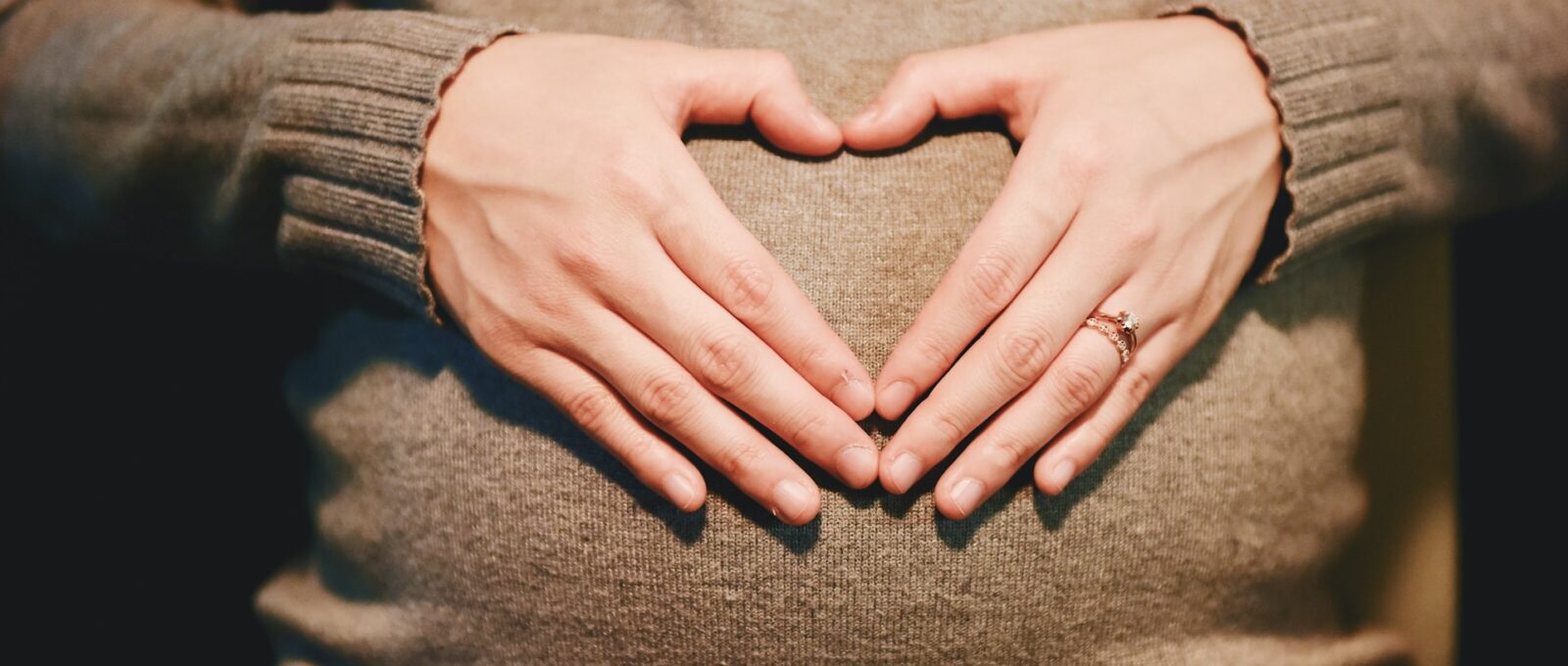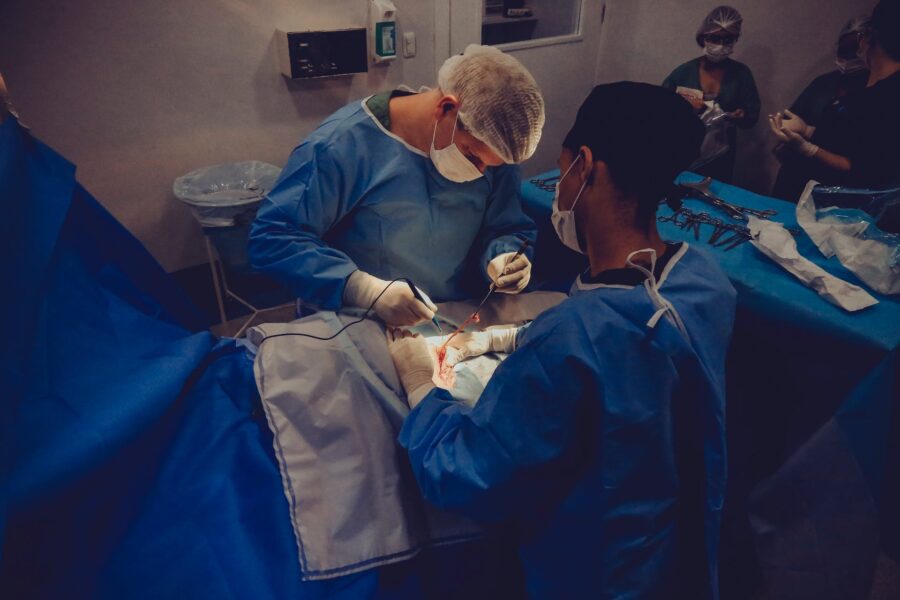Geriatric pregnancy, also known as advanced maternal age pregnancy, refers to pregnancies that occur in women who are 35 years old or older. With advancements in healthcare and changing societal trends, more and more women are choosing to have children later in life. While geriatric pregnancy may present unique challenges, it is important to understand and embrace the changes that come with it. This article aims to shed light on the subject, exploring the science behind geriatric pregnancy and providing guidance on how to navigate the challenges that may arise.
Geriatric Pregnancy: A New Frontier in Maternity Care
Geriatric pregnancy is a term that has gained prominence in recent years, as the average age of women becoming mothers has been steadily increasing. While the term "geriatric" may sound alarming, it is simply a medical classification used to differentiate pregnancies in older women from those in younger women. It is important to note that geriatric pregnancy does not automatically mean a woman will encounter complications. However, it does increase the risk of certain medical conditions, such as gestational diabetes, high blood pressure, and chromosomal abnormalities in the fetus.
Maternity care providers are adapting to this new frontier by tailoring their services to meet the specific needs of geriatric pregnancies. Regular prenatal check-ups, extensive testing, and close monitoring of the mother’s health are some of the measures taken to ensure a healthy pregnancy. Additionally, healthcare professionals provide counseling on lifestyle changes, such as maintaining a healthy diet and exercising regularly, to mitigate potential risks. The goal is to provide comprehensive care and support for women embarking on the journey of geriatric pregnancy.
The Science Behind Geriatric Pregnancy: What You Need to Know
The main reason why geriatric pregnancy carries a higher risk is due to the natural decline in fertility and the quality of eggs as women age. As a woman gets older, her ovarian reserve diminishes, leading to a decrease in the number of eggs available for fertilization. Moreover, the quality of the remaining eggs may also decline, increasing the likelihood of chromosomal abnormalities, such as Down syndrome. These factors contribute to the increased risk of complications and the need for specialized care during geriatric pregnancies.
Advancements in reproductive technology, such as in-vitro fertilization (IVF) and preimplantation genetic testing, have provided options for women seeking to conceive later in life. IVF allows for the selection of the healthiest embryos, reducing the risk of chromosomal abnormalities. Preimplantation genetic testing further enhances the success rate by screening embryos for genetic disorders before implantation. These scientific advancements have opened doors for women pursuing geriatric pregnancies, offering them hope and a chance to have a healthy baby.
Navigating the Challenges: Embracing Change in Geriatric Pregnancy
Geriatric pregnancy presents unique challenges that require a shift in mindset and approach. Women who choose to have children later in life often face societal pressures and personal doubts. It is crucial to acknowledge and address these concerns, providing emotional support and guidance throughout the journey. Open communication with healthcare providers, family, and friends can help alleviate anxieties and create a supportive environment for the expectant mother.
Geriatric pregnancy also demands a proactive approach to managing health. Regular exercise, a well-balanced diet, and maintaining a healthy weight are essential for a successful pregnancy. Additionally, women should be aware of the importance of prenatal testing and screening for genetic abnormalities, as early detection can significantly impact the outcome of the pregnancy. By embracing change and being proactive in managing their health, women can navigate the challenges of geriatric pregnancy with confidence and optimism.
As more women choose to have children later in life, geriatric pregnancy is becoming a new frontier in maternity care. Understanding the science behind geriatric pregnancy and embracing the changes that come with it is crucial for both healthcare providers and expectant mothers. By providing specialized care, utilizing advancements in reproductive technology, and offering emotional support, we can ensure a positive experience for women embarking on the journey of geriatric pregnancy. With the right knowledge and support, women can confidently embrace change and navigate the challenges of geriatric pregnancy.







